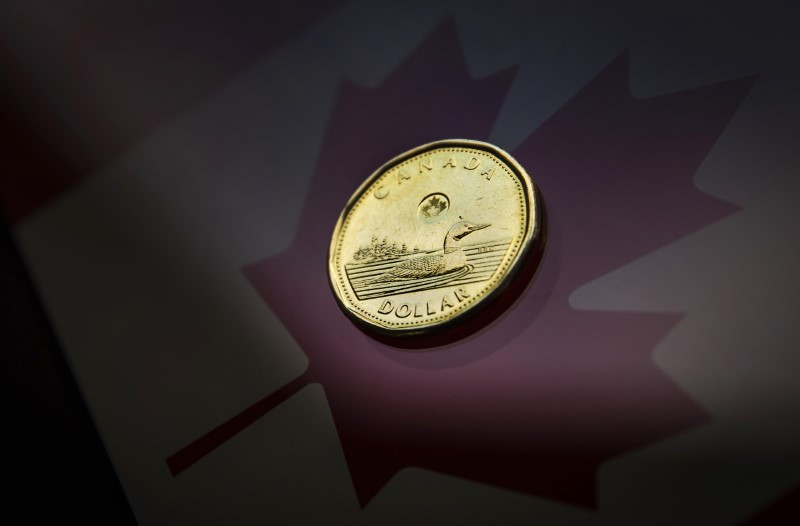* Canadian dollar at C$1.2563, or 79.60 U.S. cents
* Loonie hit weakest since Dec. 28 at C$1.2598
* Bond prices lower across a steeper yield curve
* 10-year yield touches highest since May 2014
TORONTO, Feb 8 (Reuters) - The Canadian dollar steadied against its U.S. counterpart on Thursday, rebounding from an earlier six-week low, as stocks on Wall Street fluctuated and investors turned their focus to a speech by Bank of Canada Senior Deputy Governor Carolyn Wilkins.
At 9:51 a.m. EST (1451 GMT), the Canadian dollar CAD=D4 was near flat at C$1.2563 to the greenback, or 79.60 U.S. cents.
The currency's strongest level of the session was C$1.2547, while it touched its weakest since Dec. 28 at C$1.2598.
Wilkins is due to speak on innovation and inclusive growth. The Bank of Canada will release her prepared remarks at 1:00 p.m. EST (1800 GMT).
The central bank last month raised its benchmark interest rate to 1.25 percent, its third hike since July. Markets will look for signs of how aggressively the central bank will continue to tighten from here.
U.S. stocks opened mixed, with investors assessing markets as volatility eased after hitting its highest level in more than two-and-a-half years earlier in the week. currencies, such as the Canadian dollar tend to underperform when stocks fall. The loonie has retreated more than 2 percent since Wall Street began to head sharply lower on Friday.
The price of oil, one of Canada's major exports, hit a five-week low before paring some losses. U.S. crude CLc1 prices were down 0.2 percent at $61.67 a barrel. U.S. dollar .DXY turned lower, pulling back from an earlier two-week high against a basket of major currencies. Canadian dollar is forecast to strengthen over the coming year, a Reuters poll showed, as expected Bank of Canada interest rate hikes and broad pressure on the U.S. dollar offset uncertainty over the future of the North American Free Trade Agreement. "might very well be better off" not signing up to an updated version of NAFTA rather than accepting a bad deal, Canadian Prime Minister Justin Trudeau said on Wednesday. new home prices were unchanged in December, breaking a streak of increases going back to April 2015, Statistics Canada said. government bond prices were lower across a steeper yield curve in sympathy with U.S. Treasuries after the U.S. Senate on Wednesday reached a budget deal, boosting expectations of stronger economic growth.
The two-year CA2YT=RR dipped 2.5 Canadian cents to yield 1.86 percent and the 10-year CA10YT=RR declined 22 Canadian cents to yield 2.403 percent, its highest since May 2014.
